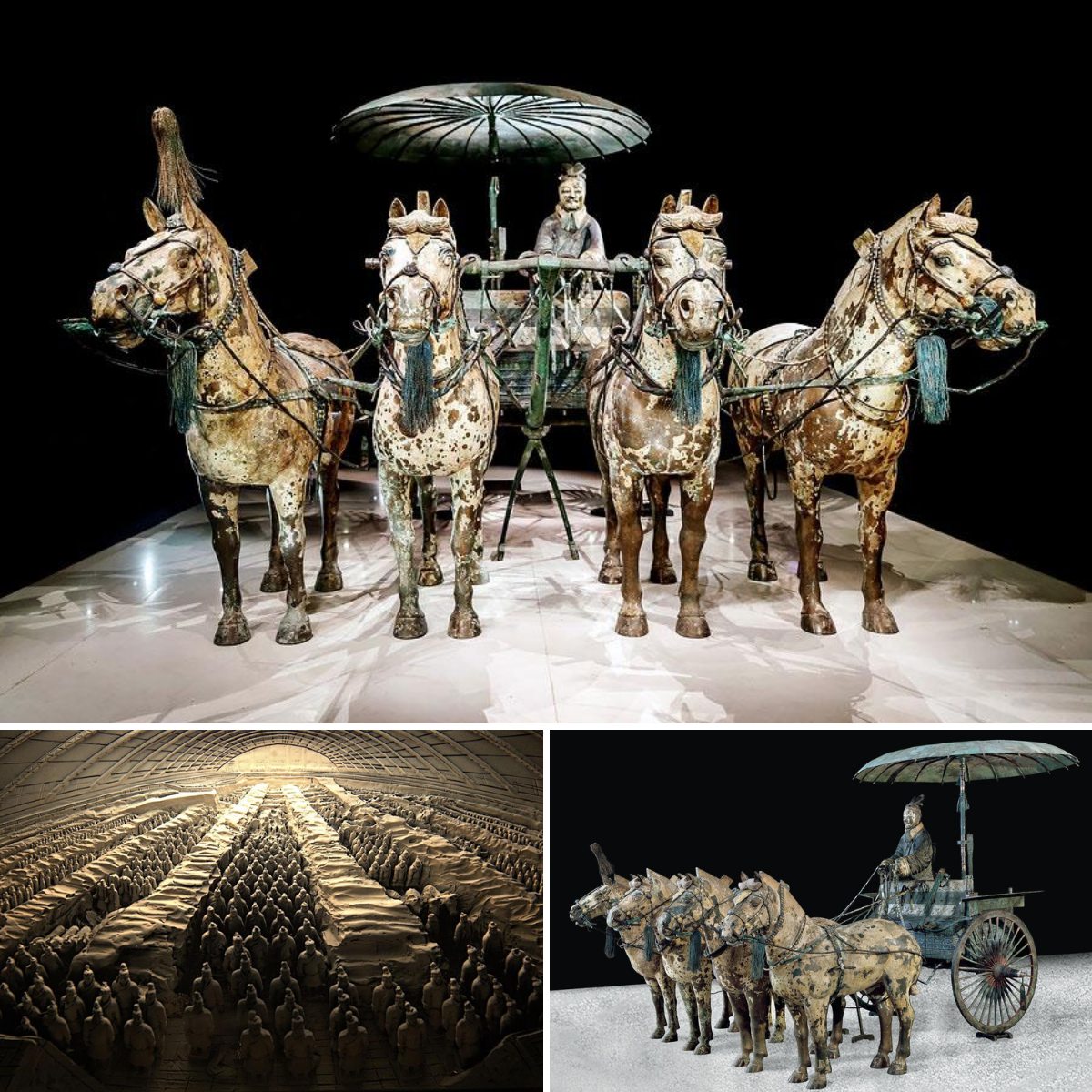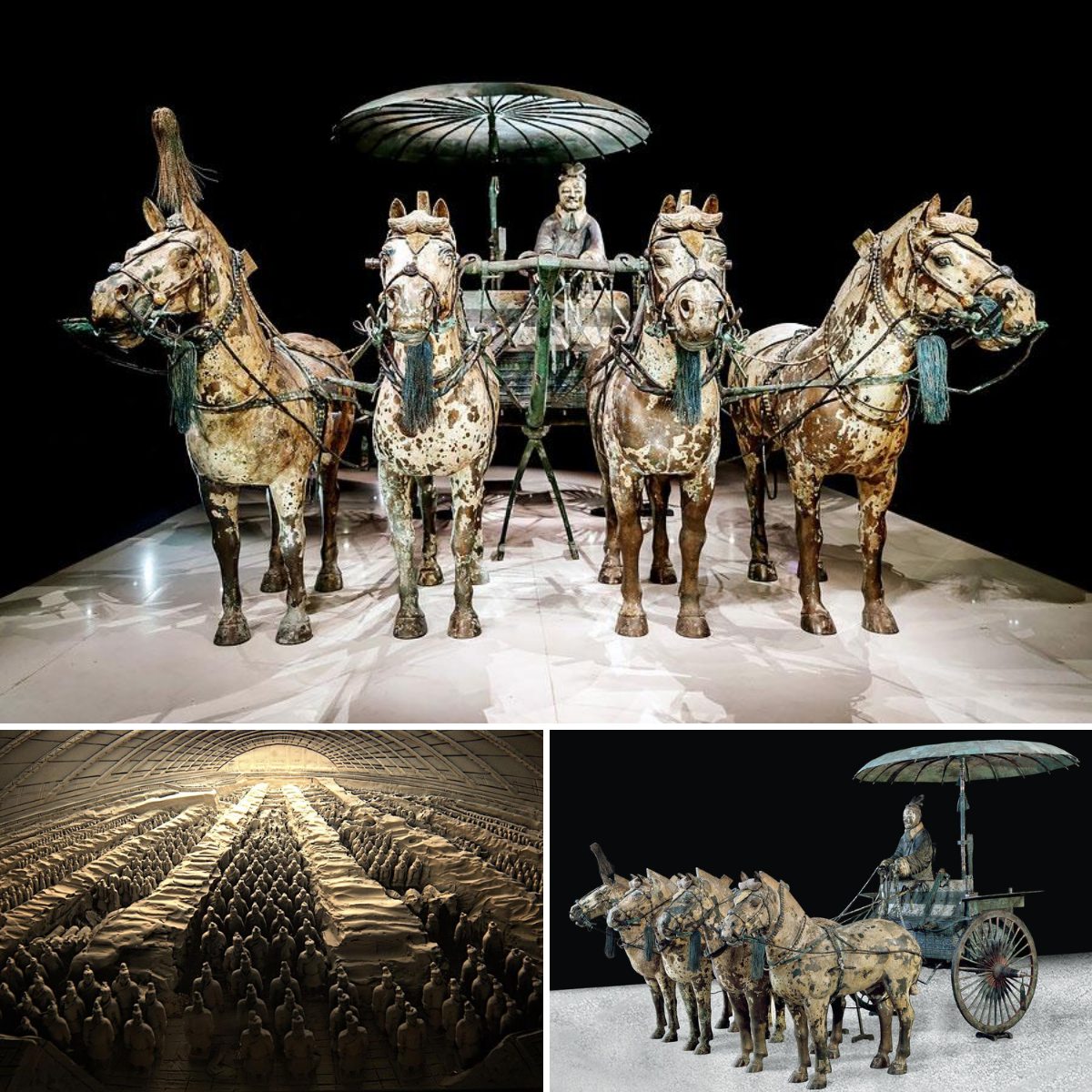In the annals of history, few figures loom as large and enigmatic as Qin Shi Huang, the first emperor of China. Renowned for his ambitious undertakings and visionary reforms, Qin Shi Huang left an indelible mark on the ancient world, shaping the course of Chinese civilization and laying the foundation for the empire that would endure for centuries. Join us as we delve into the fascinating life and legacy of this iconic ruler, unraveling the mysteries that surround his reign and exploring the enduring impact of his rule.

Qin Shi Huang ascended to the throne of the Qin state at the tender age of 13, inheriting a realm torn apart by centuries of conflict and division. Undeterred by the challenges that lay ahead, he embarked on a bold mission to unify the warring states of China and establish a centralized imperial government. Through a combination of military conquests, political alliances, and administrative reforms, Qin Shi Huang achieved his goal, ushering in a new era of unity and stability.
But it was his ambitious building projects and grand architectural endeavors that would cement his legacy as one of history’s greatest rulers. Foremost among these was the construction of the Great Wall of China, a monumental feat of engineering that stretched for thousands of miles across the northern frontier of the empire. Designed to defend against nomadic invasions and secure the borders of the Qin realm, the Great Wall remains a testament to Qin Shi Huang’s vision and determination.
Yet, perhaps the most enduring symbol of Qin Shi Huang’s legacy is the Terracotta Army, a vast collection of life-sized clay soldiers and horses buried near his mausoleum in the city of Xi’an. Discovered in 1974 by local farmers digging a well, the Terracotta Army has captivated the world with its sheer scale and artistry, offering a glimpse into the military might and cultural sophistication of the Qin dynasty.
But while Qin Shi Huang’s achievements are celebrated, his reign was not without controversy and turmoil. His authoritarian rule and draconian policies earned him both praise and condemnation, and his quest for immortality led to the infamous search for the elixir of life, resulting in the deaths of countless alchemists and scholars. Despite his efforts to prolong his reign and secure his legacy, Qin Shi Huang died at the age of 49, leaving behind a mixed legacy that continues to be debated by historians and scholars.
Yet, for all the controversy and intrigue surrounding his reign, there can be no denying the enduring impact of Qin Shi Huang’s rule on Chinese history and culture. His legacy lives on in the Great Wall, the Terracotta Army, and the centralized administrative system he established, shaping the identity and destiny of China for generations to come.
As we unravel the untold secrets of Qin Shi Huang’s enduring legacy, we are reminded of the complexities of history and the profound influence of visionary leaders on the course of human civilization. From his humble beginnings as a young prince to his ascension as the first emperor of China, Qin Shi Huang’s life is a testament to the power of ambition, determination, and vision in shaping the destiny of nations.




